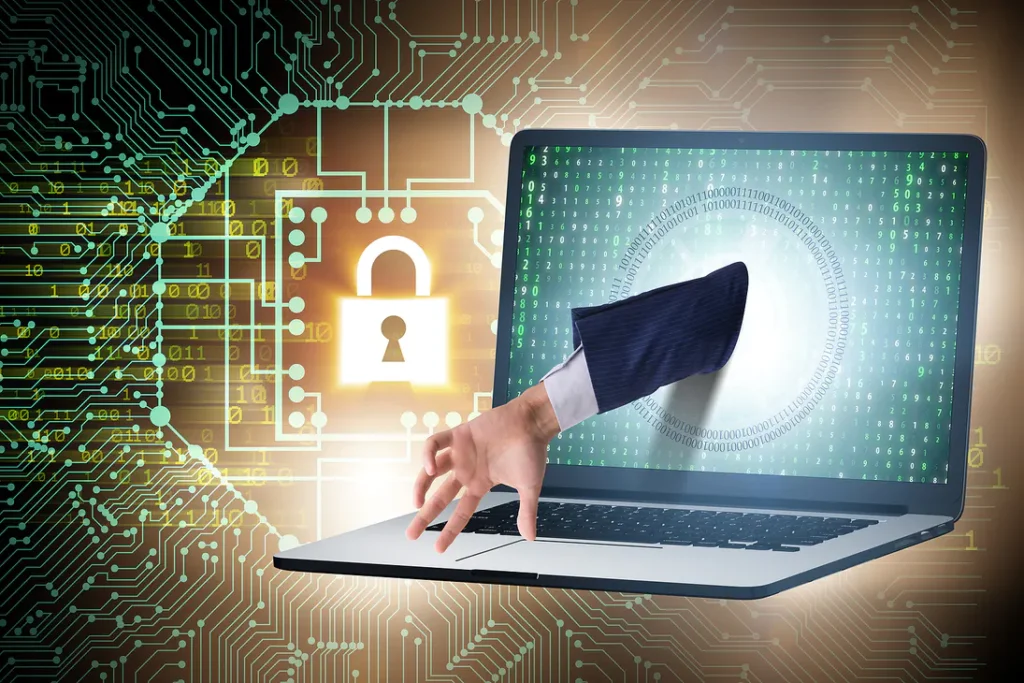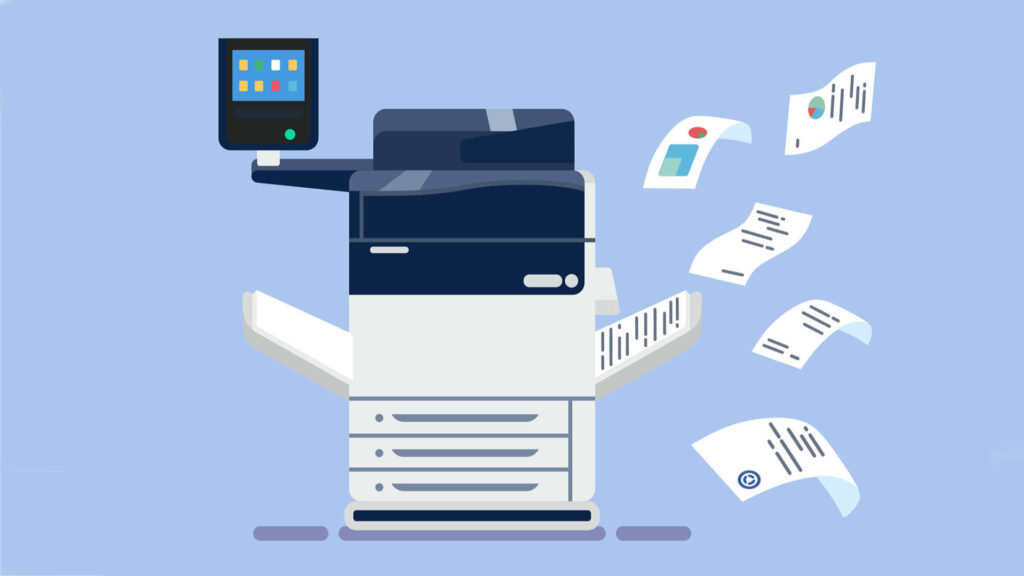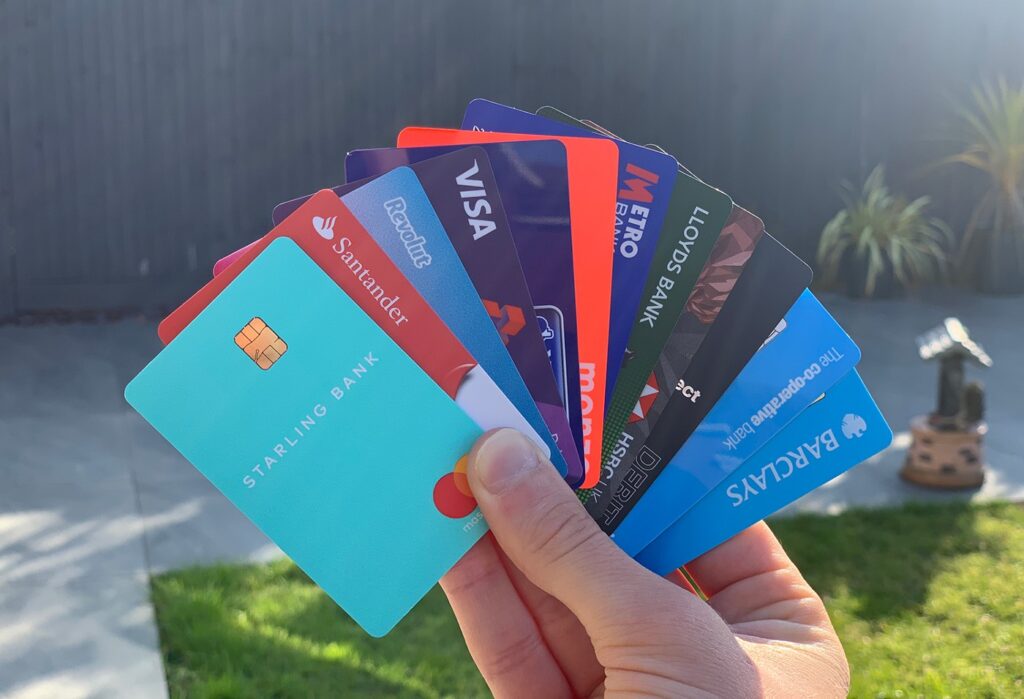Country borders are quickly disappearing, especially as it pertains to work. A business can contract the services of a professional from anywhere in the world using the internet.
From accounting to healthcare, you can currently receive professional assistance from freelancers anywhere in the world. However, with every advantage, there is a disadvantage.
If you work as a freelancer, there are several things you should consider, including cybersecurity, receiving payment for services rendered, and many kinds of fraud.
Since freelancers are very active online and conduct plenty of transactions, they are very prone to identity theft in particular. Hackers can then use their identities to commit all kinds of fraudulent acts.

Risks Freelancers Face
Freelancers working and offering their services online face many risks. The following are some of the most potent dangers they face:
Confidentiality Breaches
As a freelancer, you will probably be offering your skills and knowledge to several clients simultaneously. Most clients, particularly companies, like to keep their information and other elements of the job private and confidential. It is a crucial part of the freelance market and gig economy.
You suffer a significant risk of breaching confidentiality agreements with clients as a freelancer, especially if there is a crossover between the work you are doing for both of them. If the clients are competitors, pertinent information can be profitable or detrimental to either or both clients.
If any clients think that they have suffered damages, economic or otherwise, due to the breach of confidentiality, they can hold you responsible.

Cyber Risk and Data Insecurity
The most considerable risk to freelancers working online is keeping data secure, which is incredibly challenging with hackers looking for every opportunity to steal any information they can find.
Keeping data private is essential for freelancers, especially those that work in sensitive industries such as healthcare, finance, and defense.
There is a lot of data being shared between freelancers and their clients. Most of the data is private and could be very damaging if it falls into the wrong hands. Therefore, freelancers need to take extra caution to ensure any data they receive from or send to clients is secure. Data security is particularly pertinent for freelancers who handle their client’s money.
Identity Theft
Identity theft is another serious issue that freelancers need to contend with when working online. When working with clients worldwide, you will have to send them your personal information at one point or another. It puts your identity and reputation at risk as your data can be stolen and used for nefarious activity by malevolent parties.
Use of credit cards and submitting other personal data online should only be done via secure channels. Otherwise, hackers could use your identity for fraud, extortion, and other malicious activities that could put you in serious trouble with the authorities.

How Freelancers Can Protect Themselves
Freelancers need to do everything in their power to avoid and protect themselves from the above risks and much more. The following are tips to help them do so:
Establish Paper Trails
One of the best ways to ensure you can resolve any case or dispute you are involved in is to have evidence. Therefore, establishing a paper trail between you and your clients is an excellent idea.
One way you can ensure there is a paper trail is to have evidence of payment from clients. You can use paystubcreator.net to generate pay stubs of payments from your clients. You can also maintain a record of all the invoices you send to your clients.
If you receive payment via direct deposit or any digital payment platform, you should have records of every deposit you receive to ensure you have solid evidence of payments. A paper trail will also be crucial if you take up insurance against any online risk you face.

Online Security Hygiene
As a freelancer today, you do just about everything online, from communicating with clients to sending finished projects to clients. It makes your online security paramount to avoid many pitfalls that come with being a freelancer.
You should hence have excellent cybersecurity practices that will not only protect your information but that of your clients as well. The first one should be avoiding any public Wi-Fi networks as they make you highly vulnerable and prone to cyber-attacks.
You should have strong passwords for every account you use to source jobs from clients. Use a password manager that will help you regularly update the passwords and keep them unpredictable. You should also install a powerful and updated antivirus that will spot any malware in your system. You should conduct a sweep of your system daily using the antivirus.
If you have to use a server to store your information, ensure you spare no expense for security. Encrypt the files you send to any client and have decrypting software for any encrypted data you receive from clients. Take every necessary measure to ensure your devices and networks are as secure as possible.
Watch Bank Accounts and Credit Statements
Most risks you face as a freelancer working online will ultimately aim to steal money from you or your clients.
Hacks, identity theft, and fraudulent activities will all lead to financial damages of some sort. If you want to avoid that or at least catch it as soon as possible, you should keep a close eye on your bank accounts and credit statements.
You should evaluate statements from banks, digital payment platforms, and clearing houses in real-time. If you see anything unusual with them, report them immediately to the appropriate people. Even a few minutes could make the difference between having your bank account wiped out and keeping your money.

Carefully Share Personal Information
As a freelancer, you should only provide someone with personal information when you absolutely have to do so. You will have to share personal information with clients, particularly to provide proof of identity. However, you will often encounter various scams online requiring you to provide personal information. Be careful with clients who also want to know more than is necessary.
In conclusion, freelancers face many risks when working online that could endanger them and their clients. If you want to remain safe and ensure your clients are, too, you should use the tips above. Eternal vigilance is the price freelancers have to pay to have a safe working environment.





![Calgary’s Hottest Neighborhoods for Luxury Homebuyers [2024]](https://thewashingtonote.com/wp-content/uploads/2024/04/Calgary-324x160.png)



